Daesh product of US, Saudi Arabia, Israel, UAE: Iran's IRGC
A senior commander of Iran’s Islamic Revolution Guards Corps (IRGC) has described Daesh as a product of US, Saudi, Israeli and Emirati intelligence agencies tasked with toppling regional governments.
“Intelligence services of the US, Saudi Arabia, Israel, the United Arab Emirates and certain other countries, naming which is not in our interest for now, created Daesh to overthrow the Syrian administration,” General Hossein Salami said.
“We have information that in 2013 and 2014, hundreds of American cargo flights transported ammunition for Takfiri groups in neighboring countries,” the IRGC’s second-in-command said during a live TV program Saturday night.
Salami also said the conflicts in Lebanon, Syria, Bahrain and Yemen “are the result of the Saudi regime’s evil and criminal nature, which wants to buy credibility for itself with petrodollars.”
The Saudis were the link between Americans and the Takfiri groups, he said, adding they spared no efforts to topple the Syrian government and split up Iraq.
"The threat of Daesh was very serious and if the domino effect of the fall of cities had continued, a big disaster would have threatened the Muslim world and even other countries," Salami said.
"However, Iranian forces recognized the aptness of time and place and countered Daesh at the very beginning," he added.
Iran rushed its military advisers to Syria and then to Iraq as Daesh approached the gates of Baghdad, helping push back the Takfiri terrorists on various fronts which ultimately turned the tide in the conflict.
In a letter addressed to Leader of the Islamic Revolution Ayatollah Seyyed Ali Khamenei earlier this week, Quds Force chief General Qassem Soleimani declared the collapse of Daesh in both Syria and Iraq.
Riyadh clings to Washington, Tel Aviv for survival
Elsewhere in his remarks, Salami touched on the Saudi regime’s call for help from the Zionist regime to undermine Lebanon's Hezbollah, saying “Saudi rulers view their survival in relying on the US power and secret contacts with Israel.”
Hezbollah Secretary General Sayyed Hassan Nasrallah revealed earlier this month that Saudi Arabia had appealed to Israel to launch a military onslaught against Lebanon and that Riyadh was ready to foot the bill.
“Saudi Arabia wants to destroy Lebanon under the pretext of combating Hezbollah. It was the main architect of Israel’s war on Lebanon in the summer of 2006,” Nasrallah said.
‘Scientific breakthrough’ of Yemeni missiles
The IRGC commander referred to Yemen’s recent missile attack on Saudi Arabia, saying the kingdom has got "stuck in the Yemen quagmire" where Houthi fighters and their allies have tipped the balance in their favor.
Riyadh reacted with panic and a flurry of accusations after a ballistic missile fired from Yemen targeted the King Khalid International Airport (KKIA) near the Saudi capital for the first time this month.
With the kingdom accusing Iran, a panel appointed by the United Nations Security Council said it had found no evidence to support Saudi claims that missiles had been transferred to Yemen by external sources.
Salami also rejected the Saudi claim, stressing that Iran's assistance to the Houthis was only "political and moral."
“Yemen is in total blockade. How could we have given them any missile? If Iran can send a missile to Yemen, it shows the incapability of (the Saudis). But we have not given them missiles,” he said.
The commander said the Yemenis had raised "the accuracy and range of their missiles in a scientific breakthrough so much that they hit their target despite the activation of all Patriot" missile systems, designed by the US to detect, target and hit an incoming projectile.
Iran to raise missile range if threatened
The commander further issued a warning to Europe, stating that Iran would increase the range of its missiles if threatened.
Salami said the range of Iranian missiles depends on the scale of threats. The Islamic Republic, he said, will never negotiate over its missile capability, which is an integral part of its power.
France has called for an “uncompromising” dialogue with Iran about its ballistic missile program and a possible negotiation over the issue separate from Tehran’s 2015 nuclear deal with world countries.
Salami said, "If we have kept the range of our missiles to 2,000 kilometers and haven’t increased it yet, it’s not due to lack of technology."
"So far we have felt that Europe is not a threat; therefore, we did not increase the range of our missiles," he said, adding that if Europe turns into a threat, Iran will not hesitate to do so.
VIDEO | Press TV's news headlines
More Europeans see Trump as 'enemy' than 'friend': Survey
Ukraine war talks begin in UAE as Russia repeats Donbas demand
Iran slams UNHRC session as illegitimate, says no submission to foreign pressure
Six-month-old boy freezes to death in Gaza amid Israel's inhumane blockade
VIDEO | Protestors in South Africa slam US interference in other countries’ affairs
Israel runs smear campaign against Doctors Without Borders: Report
Iran slams EU parliament’s ‘meddlesome, irresponsible’ resolution on terrorist riots


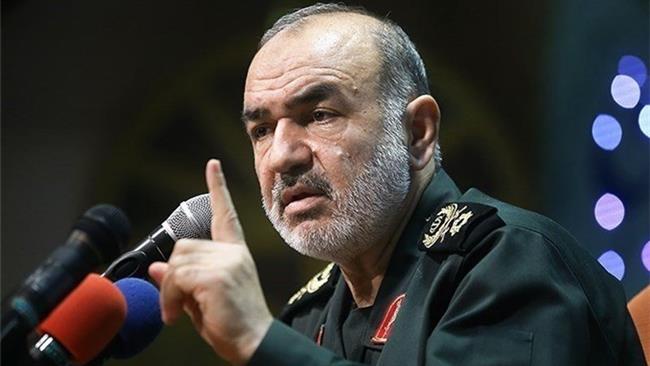


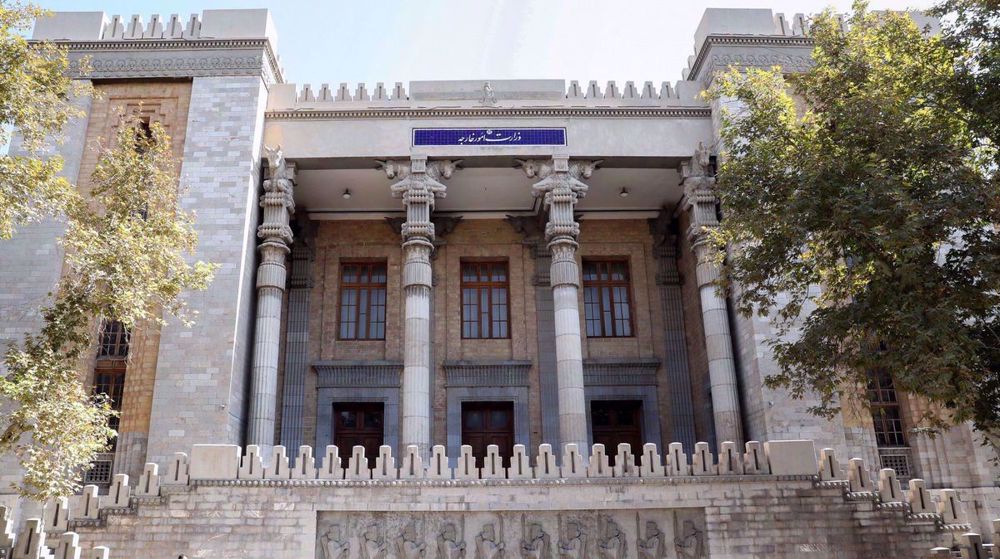
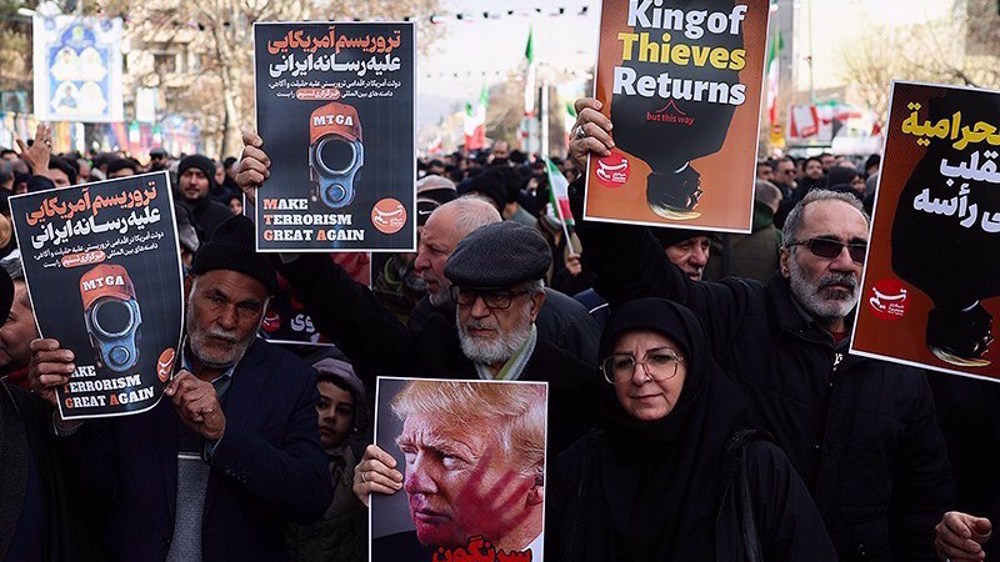
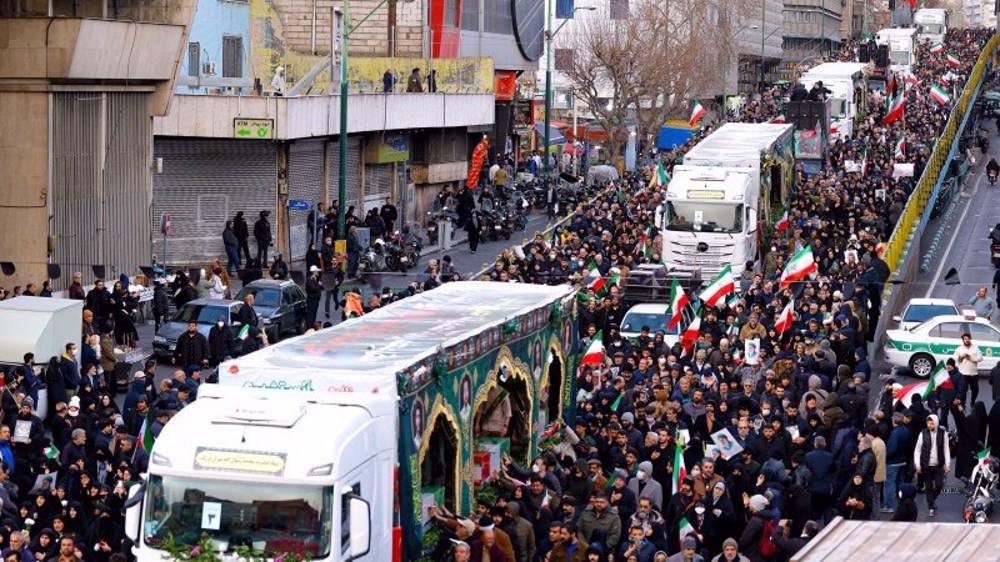



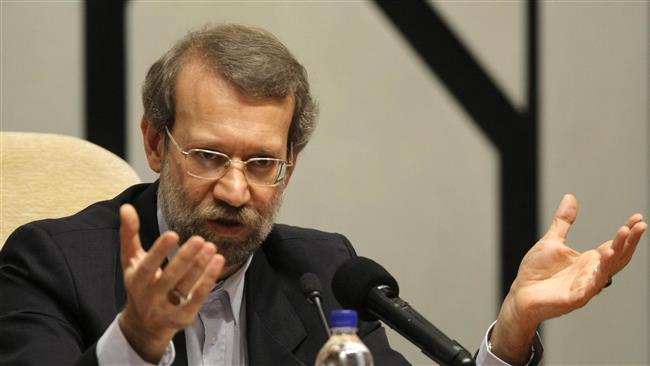
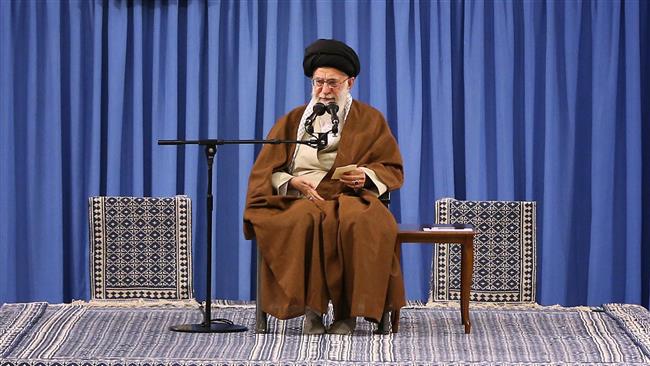
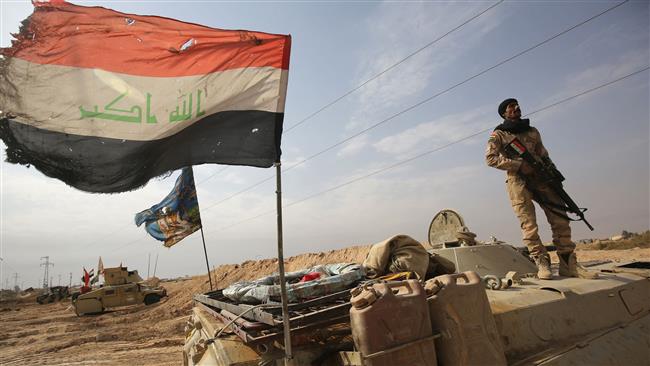
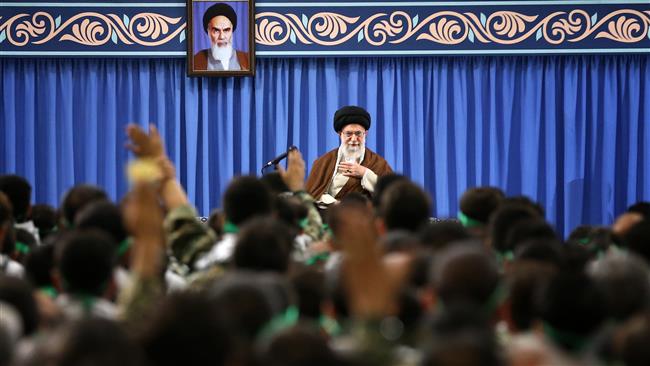
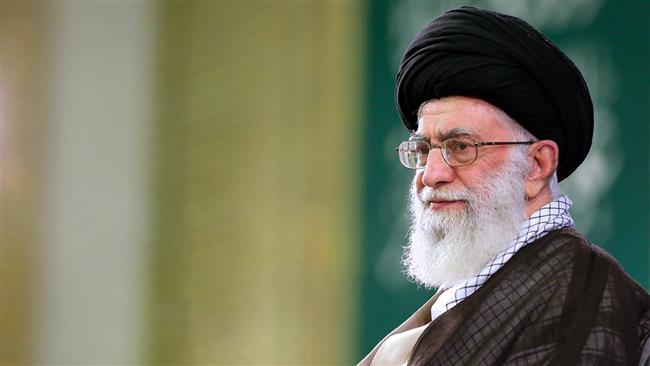

 This makes it easy to access the Press TV website
This makes it easy to access the Press TV website